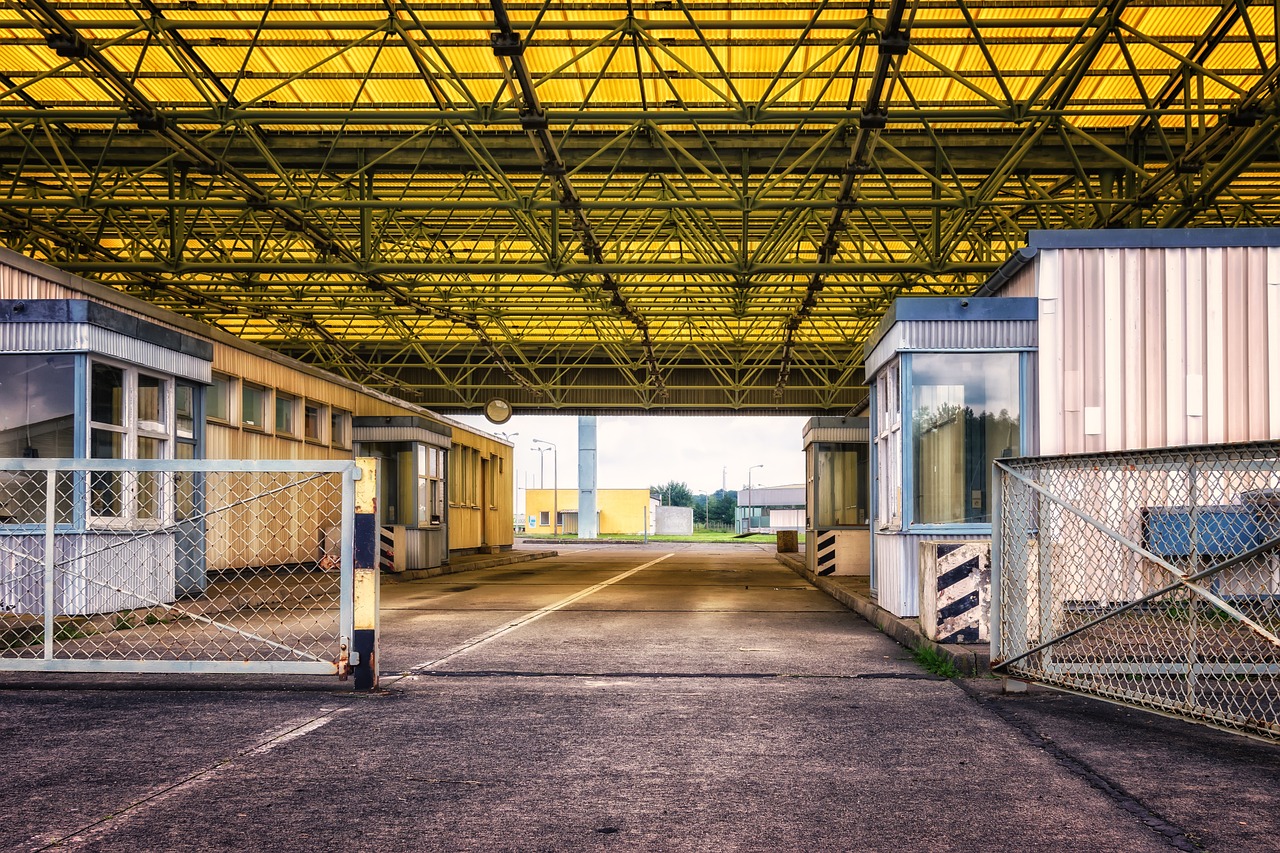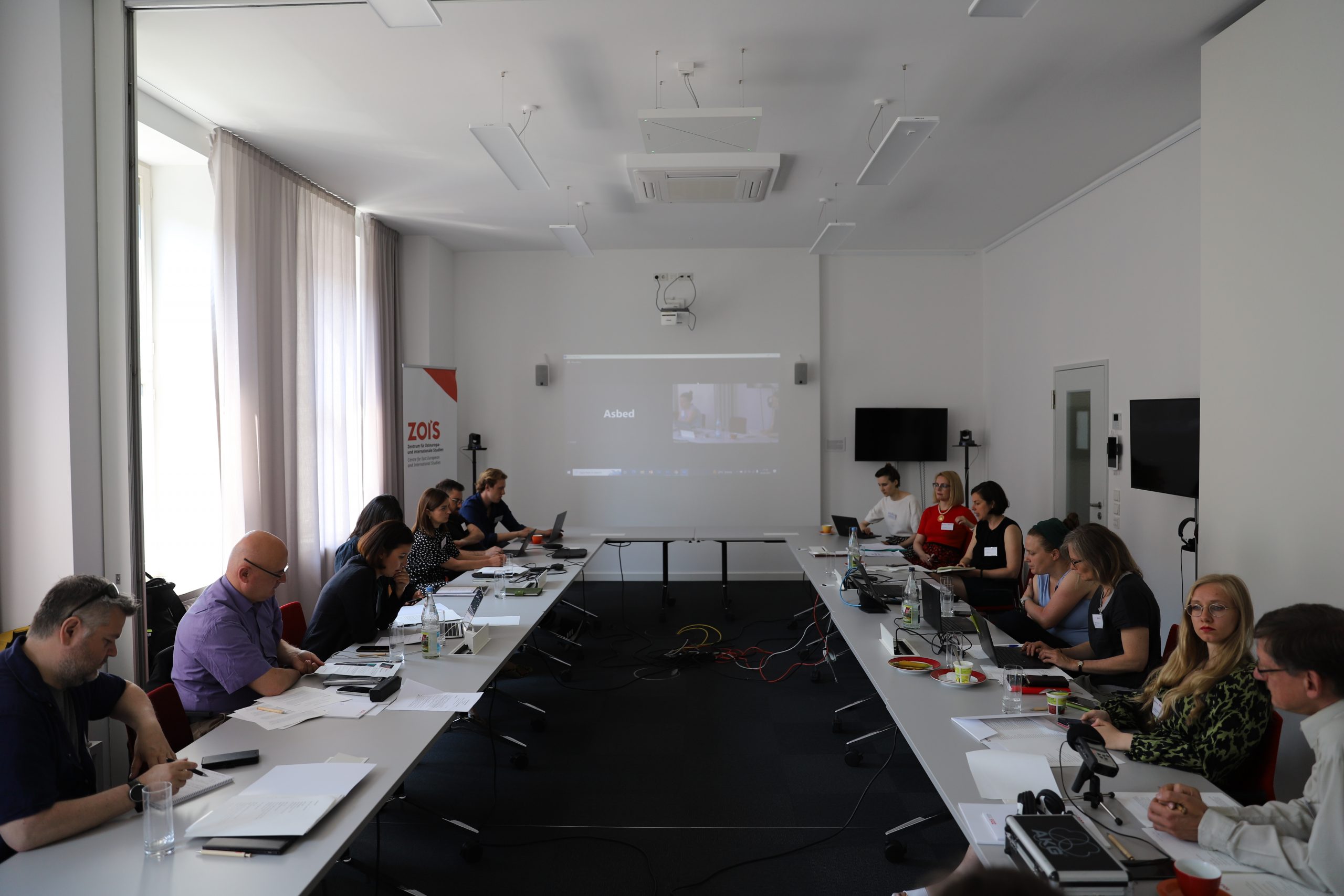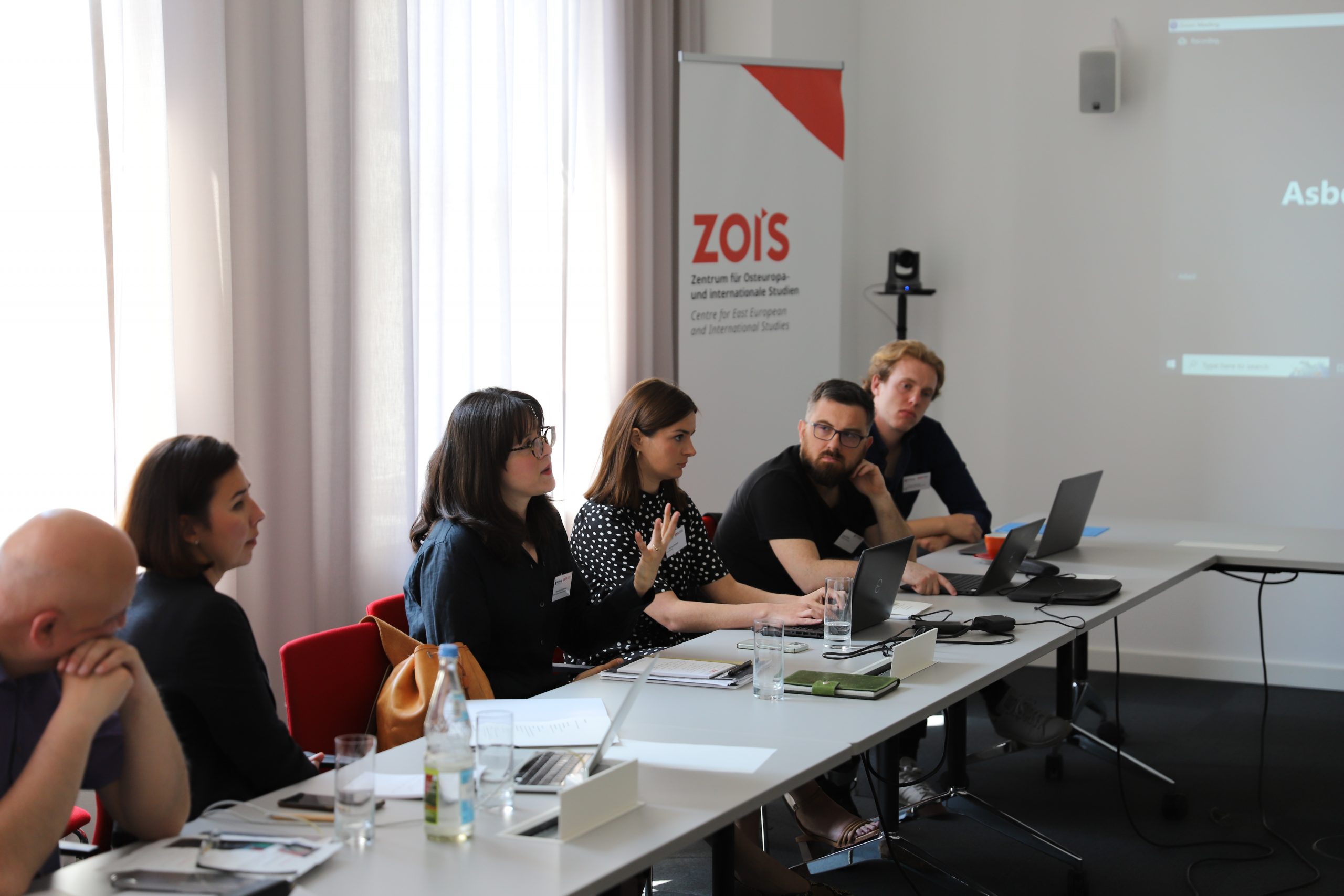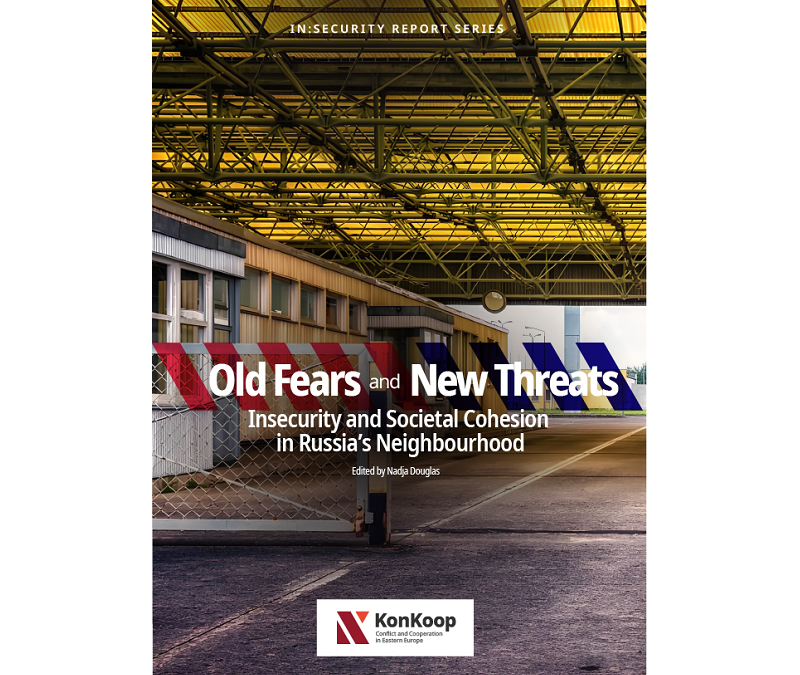Authors: Nadja Douglas, Weronika Grzebalska, Joni Virkkunen, Yuliia Kurnyshova, Inna Șupac, Andrei Kazakevich, Kornely Kakachia, Asbed Kotchikian
Published online: 17 May 2024


Picture: Abandoned Border (c) pixabay/ Tama66
Organisation: Nadja Douglas and Sabine von Löwis
As a result of the Russian full-scale invasion of Ukraine in 2022 and ensuing global political events, security perceptions and discourses have changed, notably in those regions that border or are in close proximity to the Russian Federation. Security concepts, orders and visions have become even more contested today. Yet, in times where hard security themes and state centrism are once again on the rise, we want to look beyond and provide room for the discussion of lay understandings of security “from below”. This implies paying particular attention to ordinary people’s perceptions of security and insecurity and the changes in respective security discouses. Thus, this workshop endeavours to bring together experts from academia and think tanks with practioners from civil society on the ground. The theoretical basis, also in view of an envisioned future publication, will consist of a combination of border and critical/vernacular security studies. We will approach the topic, however, in a policy-oriented manner.
The workshop will focus on the following guiding questions:
09:00 – 09:45 Joint breakfast
09:45 – 10:00 Welcoming address
Gwendolyn Sasse, Director ZOiS Berlin
Introductory remarks
Nadja Douglas and Sabine von Löwis, ZOiS
10.00 – 11.15 Panel I: New Nordic in:security
Inputs by
Weronika Grzebalska, Polish Academy of Sciences, Warsaw
Joni Virkkunen, Karelian Institute, University of Eastern Finland
Neringa Bladaitė, Vilnius University
Chair: Nadja Douglas, ZOiS
11.15 – 11.30 Short break
11.30 – 12.45
Panel II: At the current European centre of war and conflict
Inputs by
Yulia Kurnyshova, Research Centre for East European Studies, Bremen/Kiev
Andrei Kazakevich, Institute of Political Studies “Political Sphere”, Vilnius/Minsk
Inna Șupac, Academy of International Affairs NRW, Bonn/ Chișinău
Chair: Sabine von Löwis, ZOiS
12.45 – 13.45 Lunch
13.45 – 15:00 Panel III: Security gaps in Central Asia and the South Caucasus
Inputs by
Svetlana Dzardanova, Freedom for Eurasia, Bishkek (online participation)
Asbed Kotchikian, American University of Armenia, Yerevan (online participation)
Kornely Kakachia, Ivane Javakishvili Tbilisi State University, Tbilisi
Chair: Beril Ocaklı, ZOiS
15:00 – 15:30 Concluding remarks and exchange about publication plans
Sabine von Löwis and Nadja Douglas, ZOiS
15:30 – 16:00 Coffee and informal talks
The Russian full-scale invasion of Ukraine in 2022 has strongly affected security perceptions and discourses around the world. To look beyond the main themes of current policy debates such as hard security and state centrism, ZOiS conducted a workshop on the changes in security perceptions of ordinary people and civil society in regions that border or are in close to the proximity to the Russian Federation. Focusing on these understandings of security “from below”, the workshop brought together a diverse set of experts on border studies, international relations, and (critical) security studies from various countries around Russia. In three panels, the experts examined changes in security perceptions in Russia’s northern, western, and eastern neighbourhoods. One main takeaway from the discussions was the enormous diversity of discourses and perceptions in different countries shaped by their histories, societies, and locations, which puts into question the notion of Eastern Europe as one homogeneous geopolitical region. Another recurring theme was the question of how societal cohesion is affected by and affects diverse kinds of in:securities, such as democratic, cultural, energy or food security. In this context, the insecurities and fears created by the Russian invasion of Ukraine – which for many neighbouring states started in 2014, not 2022 – have both polarised and united societies. The dramatic images of the Ukrainian society under attack have also brought to the surface a lot of very practical questions on border security and migration as well as what citizens should do in case of an actual attack on their country. Finally, growing insecurities have also led to the rise of asymmetric actors such as paramilitary organizations in the region. While the invasion has thus certainly impacted the security perceptions and discourses in all societies bordering Russia, these effects are complex and diverse. The workshop served as a kick-off for a sequence of workshops and publications, which will address the various dimensions of security and insecurity in the region.

Impressions from Workshop “In:Security in Border Regions” at ZOiS, 2023 (c) Philipp Zimmermann/ ZOiS

Impressions from Workshop “In:Security in Border Regions” at ZOiS, 2023 (c) Philipp Zimmermann/ ZOiS

Authors: Nadja Douglas, Weronika Grzebalska, Joni Virkkunen, Yuliia Kurnyshova, Inna Șupac, Andrei Kazakevich, Kornely Kakachia, Asbed Kotchikian
Published online: 17 May 2024